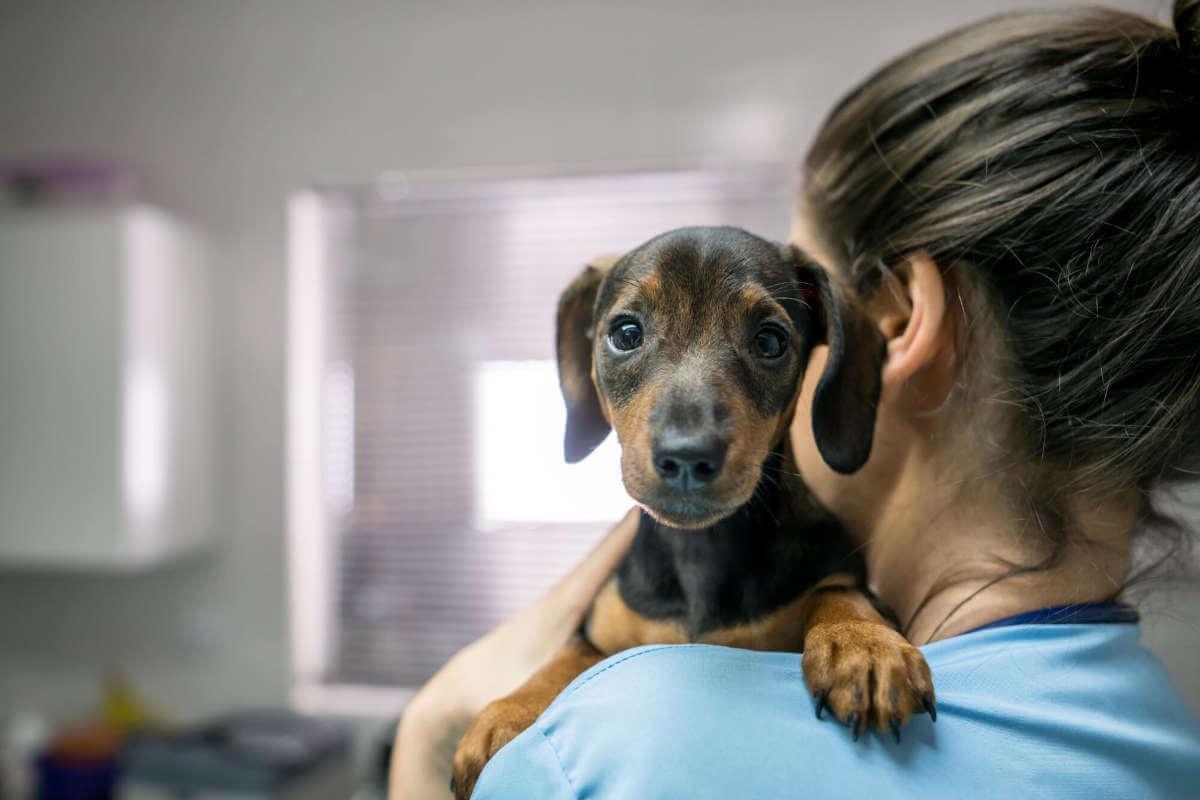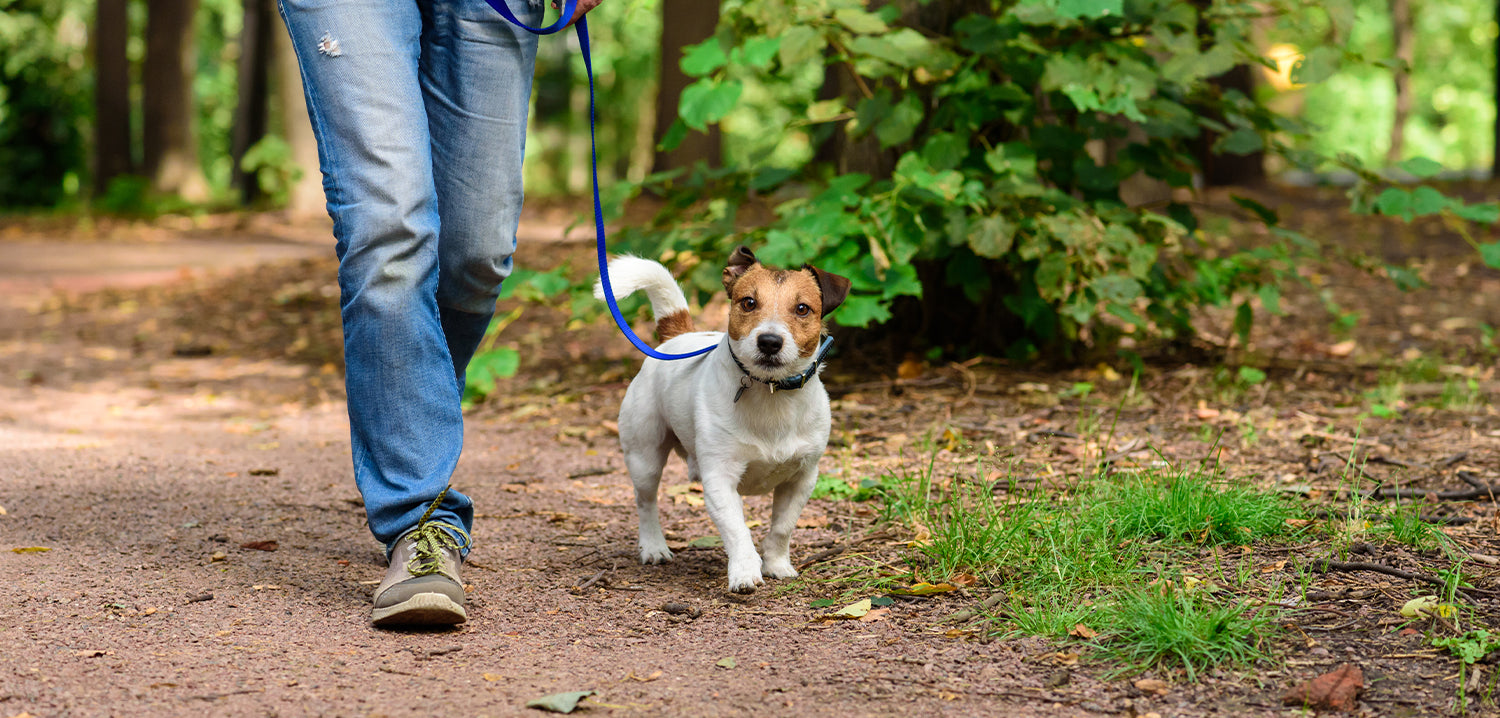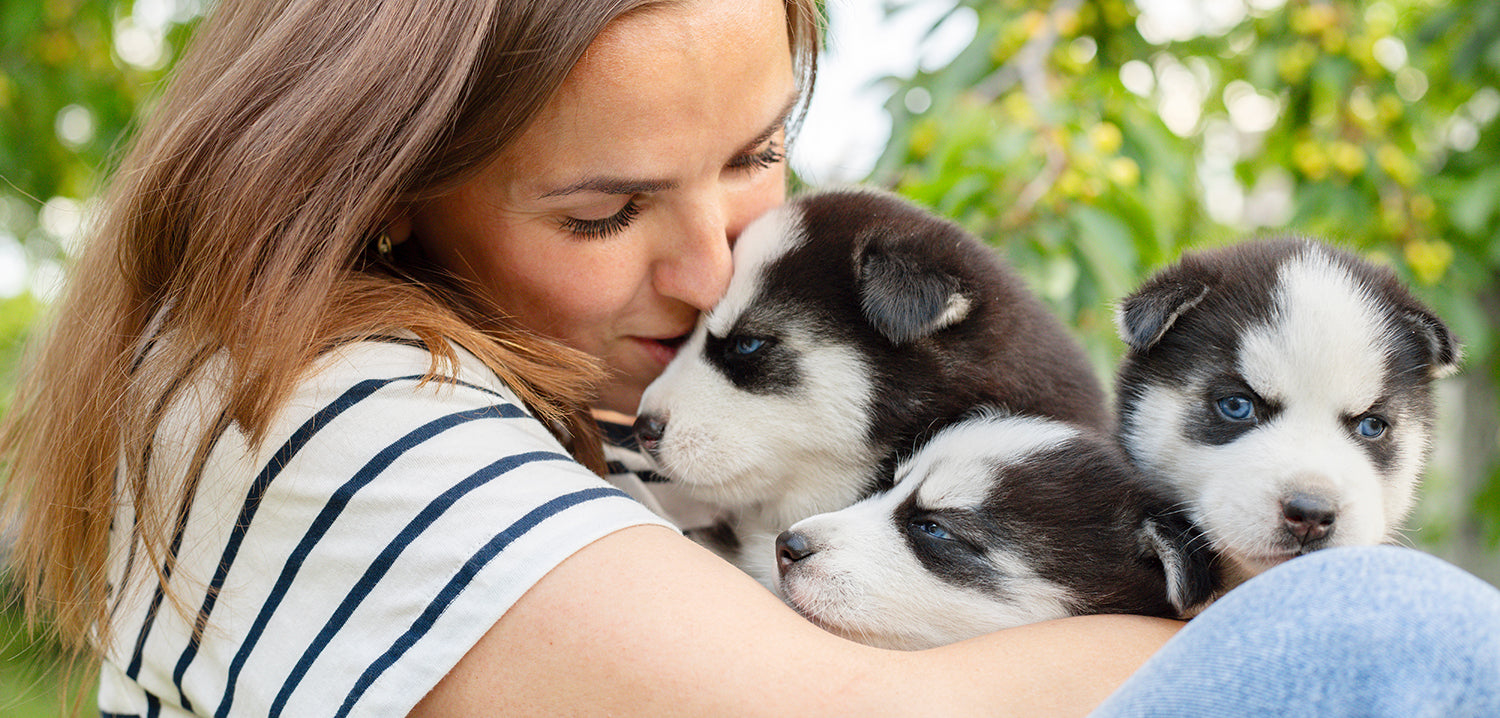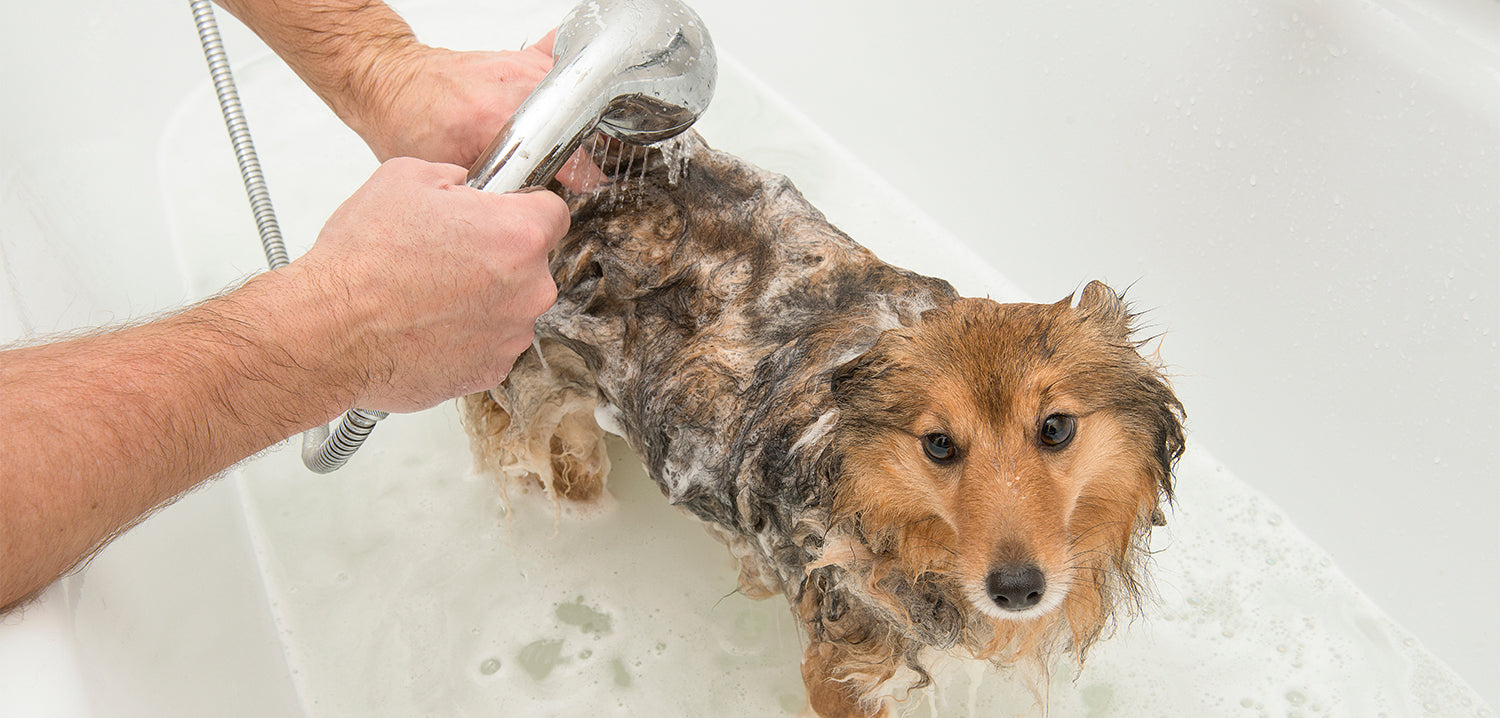When you get a dog, it is your responsibility as a pet owner to look after their health and happiness throughout their lifetime. Whether it’s a routine check-up, a vaccination, or taking your dog for treatment for a particular health concern, the vet will be your number one port of call, so choosing the best vet for your dog is extremely important. Read on to learn more about finding a vet and what you should look for in a good veterinary practice.
How to choose a vet
Depending on where you live, you may have several different options for veterinary practices. You therefore need to consider which practice would make the best choice for you. Firstly, it’s important to make sure that the vet is registered by the Royal College of Veterinary Surgeons (RCVS). Trusted, registered vets will have the initials MRCVS or FRCVS after their name. You can find this information by searching for the practice on the RCVS website.
Next, the location of your vet is key. A vet within walking or short driving distance is ideal if your dog needs emergency care. Make sure you know exactly where your practice is located, whether there is parking, and the easiest way for you to get there. Some vets offer 24-hour service, meaning you can take your dog for treatment outside normal hours. This is particularly useful if you have an emergency health concern, or your pet has an accident.
Owning a pet can be expensive, especially if you end up having to pay for special treatments or surgery. Vet prices vary depending on location and facilities but getting pet insurance will help prepare you for any unexpected incidents. Vets also sometimes offer healthy pet subscriptions or packages, which can help to save you money in the long-term. A good vet should be happy to provide you with all the information you need on seeking care for your pet.

When to take a puppy to the vet
As soon as your puppy is exposed to the outdoor world – and other dogs – they are at risk of infections. Therefore, one of your first outings as a pet owner should be for a puppy vet check, when you take your new puppy to the vet to start their vaccination treatment.
The vaccination protocol changes depending on the age of the puppy when they start their vaccines, and the brand of vaccines used by your veterinary practice. As a general guide, puppies tend to have their first vaccine about 6-8 weeks old, the second vaccine 2-4 weeks later and the third one about 4 weeks after that. Your vet will advise you about the timeline that works best for your puppy. You can find more information about vaccinating your new pet here.
It is a legal requirement to get your puppy microchipped, so booking in a vaccination appointment would be a good opportunity to get them microchipped, too. Microchipping is a relatively painless process and will give you some peace of mind in case your puppy ever goes missing. It is also a legal requirement for your puppy to wear a collar and tag with your name and address on it. Phone numbers are optional but a good idea.
Getting your dog used to the vet
As the vet will become your main advisor for keeping your dog healthy and happy throughout their lifetime, it’s a good idea to introduce them early and let them start to build a bond. Dogs can become nervous at the prospect of a vet visit, so making the vet a familiar and friendly place for them will help calm their nerves and make the experience more positive. If staff at the practice are welcoming, friendly and kind, it’s a good sign that it will make a great vet for your dog. Some vets also offer puppy training and obedience classes, which can further build your dog’s trust and confidence for later life.
Some practices offer nurse-led clinics to check your dog’s body-weight, puppy socialisation classes and oral care checks. Taking your dog for regular visits to the vet practice to see a nurse is a positive experience and makes the whole experience more familiar and less stressful.
Finding a vet for your dog is one of the most important choices you’ll make as a pet owner, so doing your research and carefully considering what you’ll require from a vet practice will help you to make the best decision for both you and your dog.












